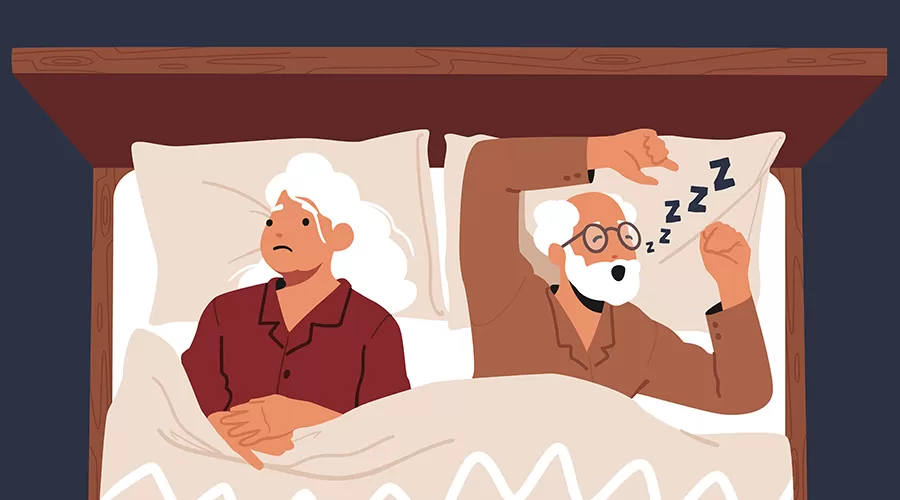Snoring

Finding Relief from Snoring: Causes, Symptoms and Effective Treatments
Are you struggling with snoring and looking for ways to treat? Want to know if your snoring may be a sign of sleep apnea? Find out how to achieve a peaceful night’s sleep by learning about the causes, treatments, and solutions for snoring from Pinnacle ENT.
Snoring is a common issue that affects many people, disrupting not only their sleep but also the sleep of those around them. It occurs when air flows past relaxed tissues in the throat, causing them to vibrate and create noise during sleep. While occasional snoring is usually harmless, frequent snoring can be an indicator of more serious problems like sleep apnea.
Snoring can be a frustrating and serious condition if left untreated. At Pinnacle ENT, we specialize in developing personalized treatment plans to address your specific needs. From lifestyle recommendations to CPAP therapy, we offer ongoing support and guidance throughout your sleep care journey. If you or a loved one is struggling with snoring and its various health effects, don’t wait! Contact us today to schedule your appointment with our team of experts and get relief from snoring.
Book Appointment